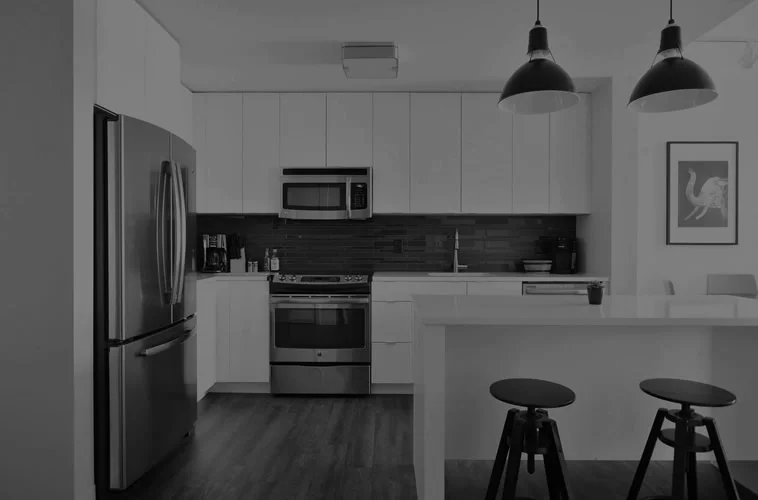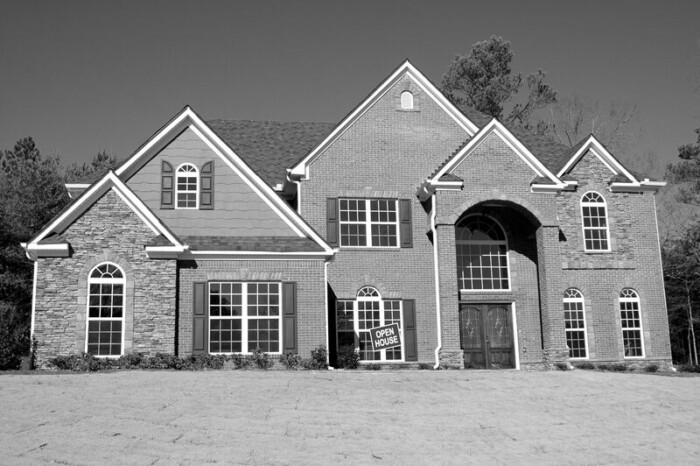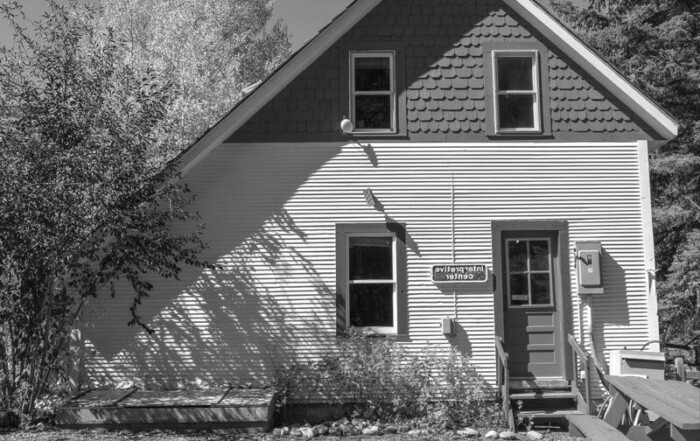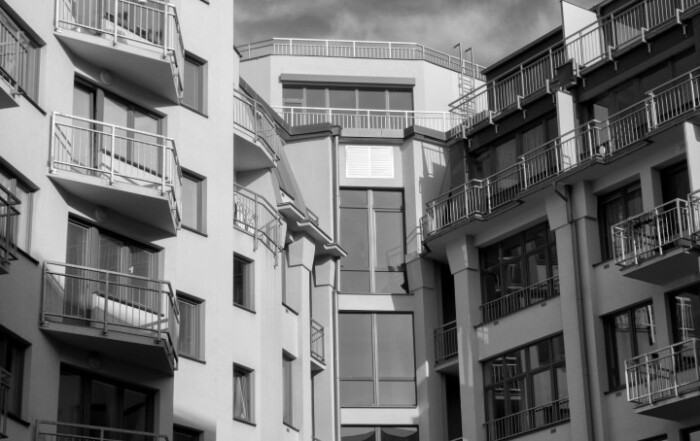
Proposition 19’s Ugly Surprise for Apartment Owners and Tenants
A version of this article was first published by Jon Coupal on the Apartment Owners Association of California Inc’s blog.
When Proposition 19 eked out a narrow victory in the November election, most California voters knew the measure had something to do with protecting wildfire victims, seniors and the disabled from higher property taxes.
What most California voters didn’t know is that Prop. 19 took away an important taxpayer protection that had been part of the state constitution for more than three decades: the ability for parents to pass property to their children without reassessment.
Under Proposition 13, the iconic taxpayer protection initiative passed overwhelmingly by voters in 1978, annual increases in the assessed value of property may not exceed 2% unless there are significant improvements to the property, such as adding a room, or if there is a change of ownership. In the first instance, the improvements are assessed at market value, while the rest of the property maintains its Prop. 13-protected assessment. Upon change of ownership, the entire property is reassessed to fair market value, generally the sale price.
In 1986, voters overwhelmingly passed Proposition 58, which changed the state constitution to create an exclusion from reassessment for certain properties transferred between parents and children. These transfers could include a home of any value plus up to $1 million of assessed value of other property. This second category encompassed income property such as apartment buildings or duplexes.
Proposition 19 repealed Proposition 58 and replaced it with a much narrower exclusion—except for family farms, only a parent’s principal residence that also becomes the principal residence of the child within one year is excluded from reassessment, and the exclusion is capped at $1 million above the current assessed value. Any other property that is transferred between parents and children is now reassessed to fair market value as of the date of transfer.
This means the owners of small apartment buildings who hoped to leave income property to their children will also be leaving the kids a new property tax bill that is 1% of the current market value on the day they inherit the property.
It’s already tough for small landlords to stay afloat, squeezed between rising costs and expanding rent control laws. Do the math with a new property tax bill based on the appreciated value of property almost anywhere in California, and it will break your pencil in two.
To read more, visit AOAusa.com










